An Officer Is Charged With Murder. Colleagues Briefly Drop Their Guns.
Share
Explore Our Galleries
Breaking News!
Today's news and culture by Black and other reporters in the Black and mainstream media.
Ways to Support ABHM?
By Megan Specia, New York Times
In Britain, where guns are rare, armed police officers have set off a debate about the extraordinary power they hold, and the extraordinary risks they face.

When England’s prosecution service announced last month that a police officer would be charged with murder after fatally shooting an unarmed Black man in London, the news was met with relief by the dead man’s family.
“We welcome this charging decision, which could not have come too soon,” the family of the man, Chris Kaba, who was killed in September last year, said in a statement. “Now we await the trial of the firearms officer without delay and hope and pray that justice will be served.”
But among the armed police who work for London’s Metropolitan Police Service, known colloquially as the Met, there was consternation. Officers worried that the murder charge signaled a changed attitude toward the use of guns in the course of their duties, the Met police later wrote in a statement.
Within days, hundreds of officers had handed in their weapon permits — known as “blue cards” — and were refusing to carry their guns in protest. The Met was temporarily forced to request support from the army.
The case echoed the ongoing tensions in the United States between the public and the police, and calls for accountability over the deaths of civilians after police encounters.
But it also reflected the unique cultural underpinnings of policing in the United Kingdom, where neither police officers nor the public usually carry firearms.
This isn’t the first time the Met has been accused of wrongdoing.

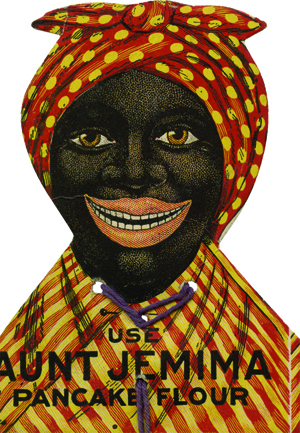
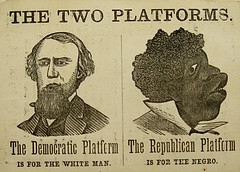
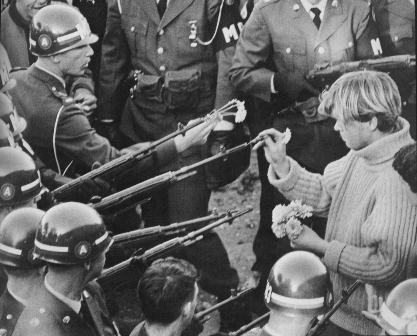
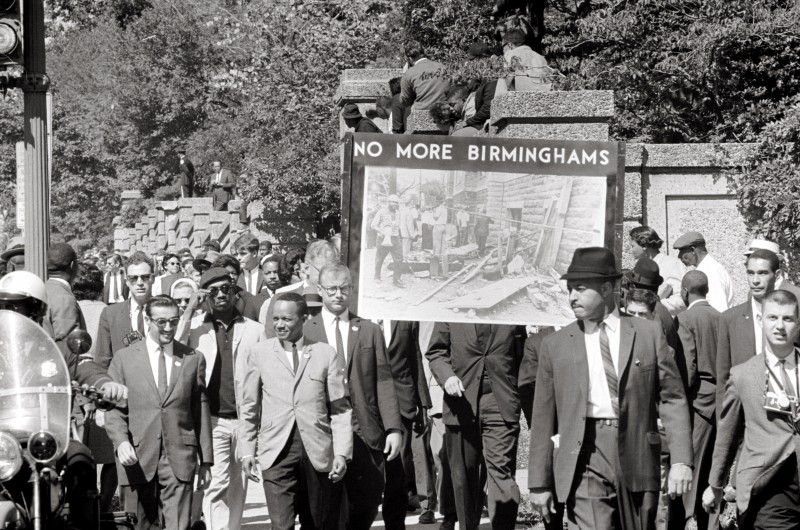
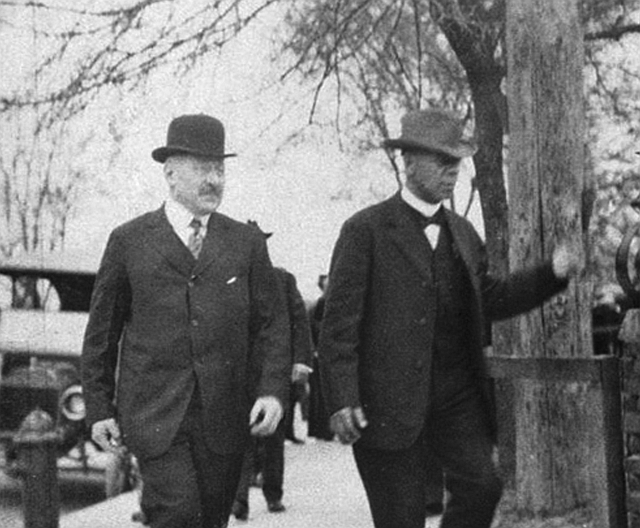
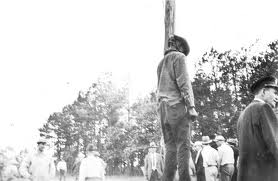

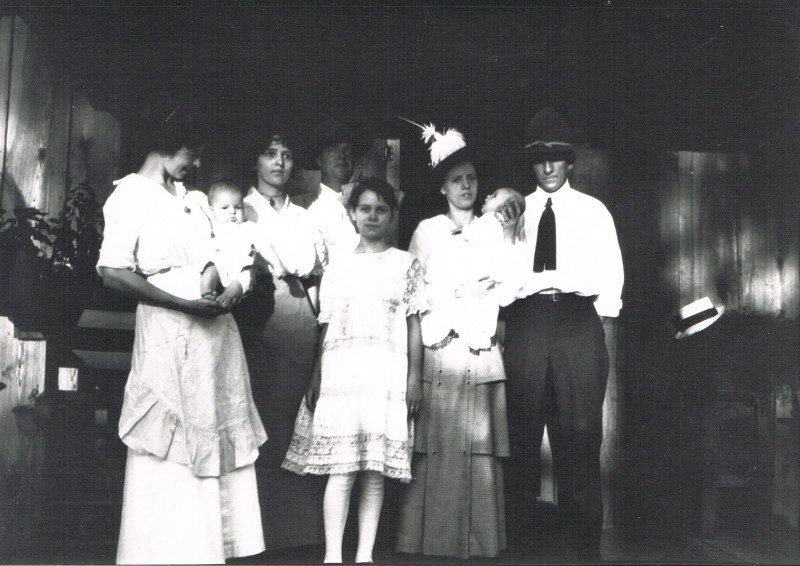
Comments Are Welcome
Note: We moderate submissions in order to create a space for meaningful dialogue, a space where museum visitors – adults and youth –– can exchange informed, thoughtful, and relevant comments that add value to our exhibits.
Racial slurs, personal attacks, obscenity, profanity, and SHOUTING do not meet the above standard. Such comments are posted in the exhibit Hateful Speech. Commercial promotions, impersonations, and incoherent comments likewise fail to meet our goals, so will not be posted. Submissions longer than 120 words will be shortened.
See our full Comments Policy here.